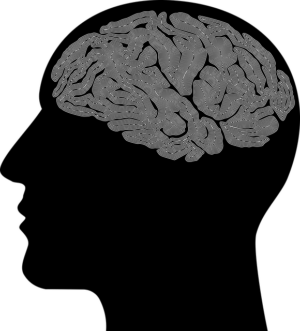ABA Therapy Solutions in Pittsburgh: Empowering Children with Autism
Pittsburgh has become a leading city in providing comprehensive ABA therapy as a key component of its approach to autism treatment. The city's commitment to early intervention through personalized ABA therapy, available both in-home and within school settings, ensures that children with autism…….









